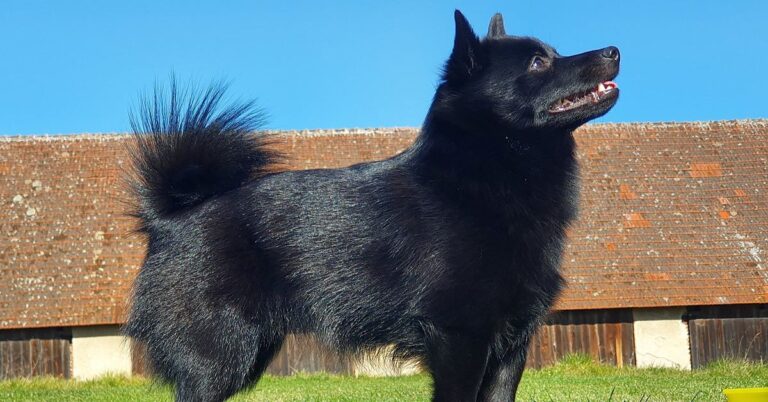15 Reasons Why Your Dog’s Poop Might Be White

Introduction:
Ever stumbled upon white poop while walking your dog? It’s not just weird—it could be a sign of something more. Whether it’s diet-related or a health concern, discovering the reason behind your dog’s white poop can be surprising, even alarming. But don’t worry—by understanding these causes, you’ll be better equipped to keep your pup happy and healthy.
- High Calcium Diet
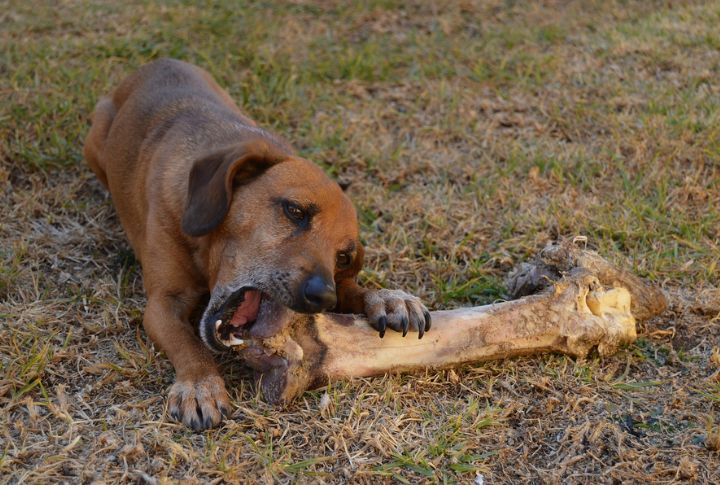
A diet packed with bones or calcium supplements can turn your dog’s poop white. This is usually the case if your dog is a fan of chewing bones. While calcium is good, too much can lead to chalky stools. Moderation is the key!
- Dehydration
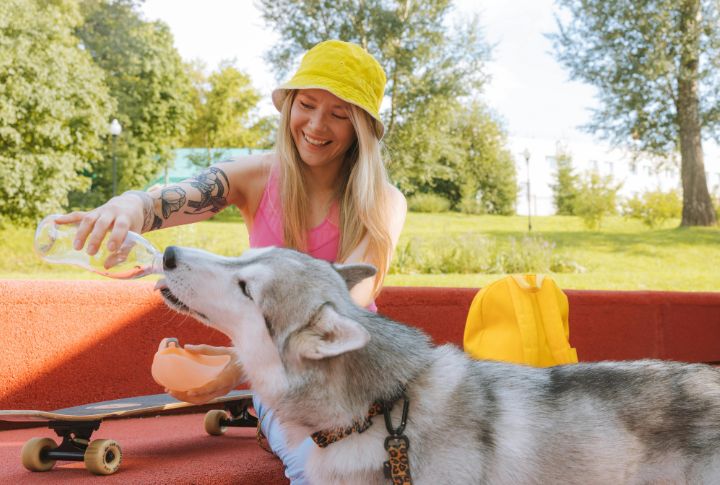
When your dog doesn’t drink enough water, their poop can dry out and become pale. Dehydration is a serious issue, so ensure your dog always has a bowl of fresh drinking water. Keep an eye out for other signs like lethargy and dry gums.
- Excessive Fat Intake
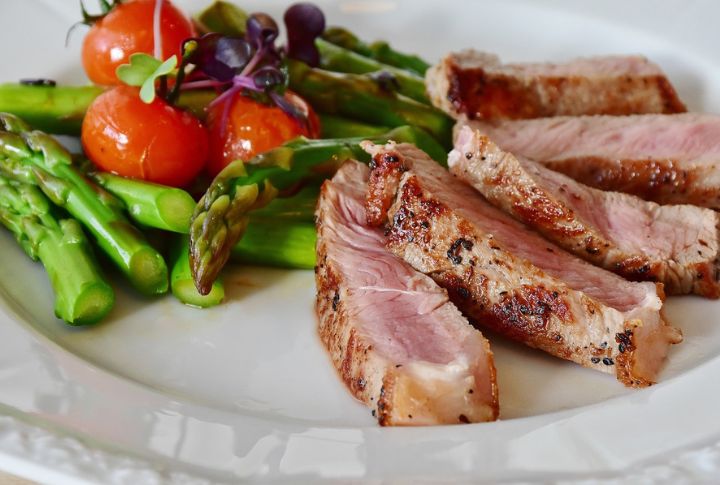
If your dog feeds on excess fat, their poop to appear white or light-colored. If you’ve been feeding your dog fatty treats or table scraps, it’s time to reconsider. High fat can lead to digestive problems and even pancreatitis.
- Digestive Enzyme Deficiency
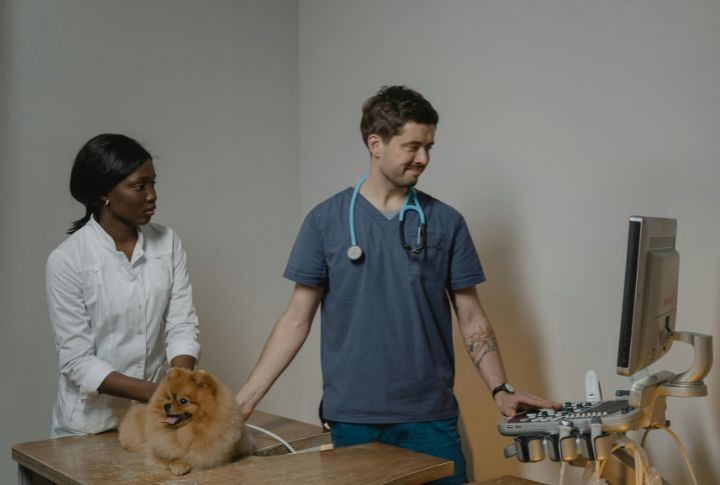
Without digestive enzymes in a canine’s body, their digestive system can’t properly break down and digest food. Dogs with such a deficiency might produce white or gray stools. Consult your vet to look for other symptoms like weight loss or bloating.
- Liver Disease
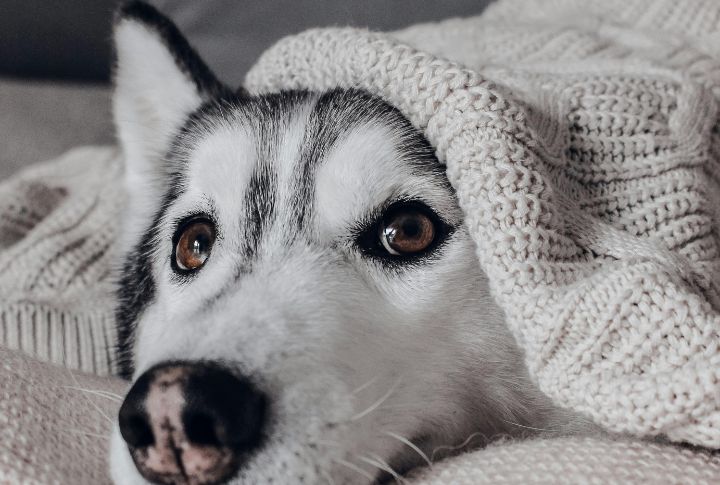
Liver issues can manifest and show in your dog’s poop color. If the liver isn’t functioning correctly, it can cause white or pale stools. Liver disease is dire and could even hurt your pupin days. Please don’t ignore it, and get your pup treatment right away!
- Gallbladder Problems
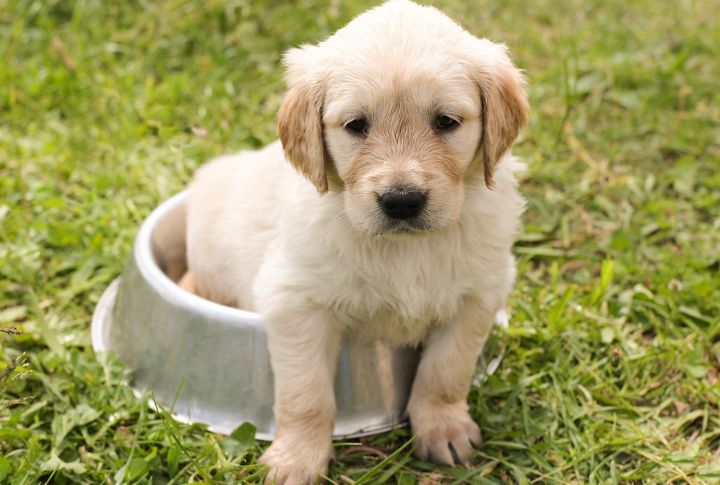
Issues with the gallbladder, such as blockages, can prevent bile from entering the intestines, causing white fecal matter. Bile is what gives poop its brown color, so without it, stools turn pale. This condition also needs medical evaluation.
- Medications

Some medications, especially those high in calcium or containing bismuth (like Pepto-Bismol), can turn your dog’s poop white. This might be the culprit if your dog recently started a new medication. So, if your pup needs new medication, always check for white poop as a side effect.
- Parasitic Infections
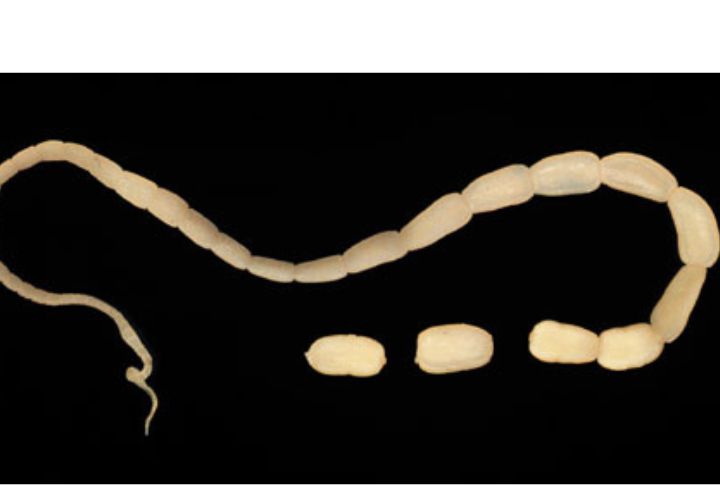
Certain parasites, like tapeworms, can cause hue changes in your pup’s waste. If your dog’s poop is white and you notice other symptoms like itching or scooting, a parasite could be to blame. Regular deworming is essential.
- Digestive Disorders
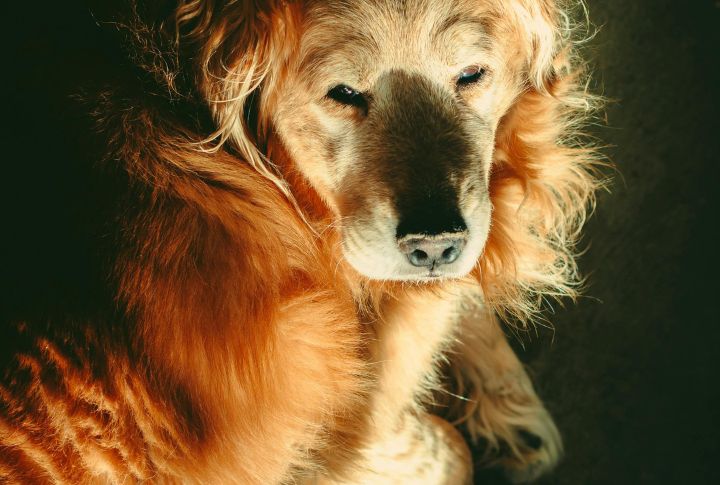
Malabsorption or inflammatory bowel disease (IBD) are common culprits of white or pale stools. These disorders affect how your dog’s body processes food, resulting in abnormal poop. Look out for chronic symptoms and seek veterinary care.
- Ingesting Non-Food Items
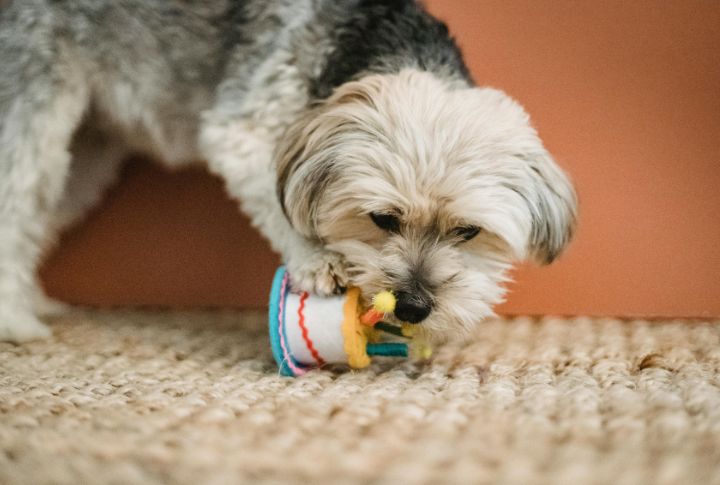
Dogs are known for eating things they shouldn’t—like chalk, paper, or even plastic. Ingesting non-food items can cause white poop. If your dog has a habit of munching on strange objects, keep a close watch and discourage this behaviour.
- Old, Dried Poop

Sometimes, poop that has been left outside for too long can turn white as it dries out. This isn’t a health concern, but it’s a good reminder to promptly clean up after your dog to avoid confusion and keep your yard clean.
- When to Consult Your Vet About Stool Changes
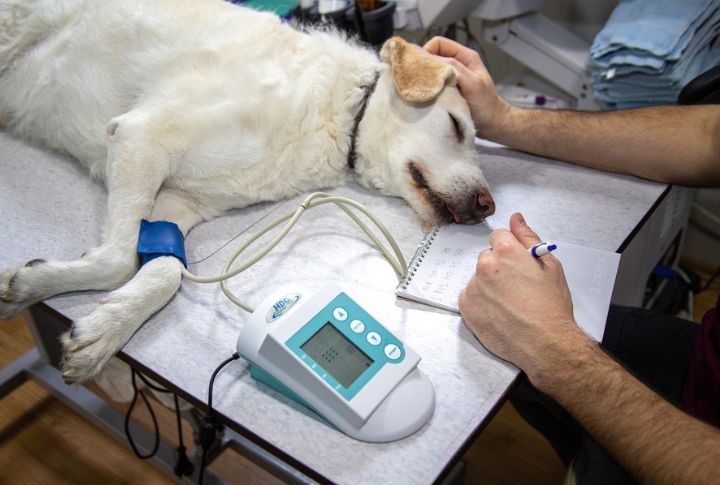
A one-time event with an explained reason is acceptable. However, If you notice persistent changes in your dog’s stool color, consistency, or frequency, it’s essential to consult your veterinarian. Early intervention can help identify underlying health issues and fasten treatment.
- Maintaining Your Dog’s Digestive Health

To support your dog’s digestive health, provide a balanced fiber-rich diet, ensure they stay hydrated, and encourage regular exercise. Regular veterinary check-ups can help monitor your dog’s health and catch any potential issues early.
- Is White Poop In Dogs Contagious?

The answers are no and yes. It’s a no if the cause is a non-contagious reason, like ingesting too much calcium and paper. It becomes a yes; suppose your dog has tapeworms or any other transferable pathogen. No matter the case, ensure you always find the reason with the help of a vet.
- Keeping Your Pup Happy and Healthy
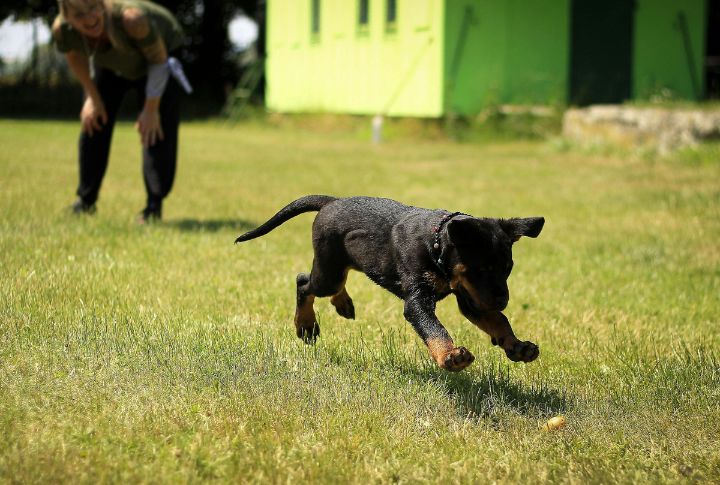
A happy, healthy dog requires proper nutrition, regular exercise, and routine veterinary care. By staying attentive to changes in your dog’s behavior and health, you can ensure they live a long, fulfilling life with you.



